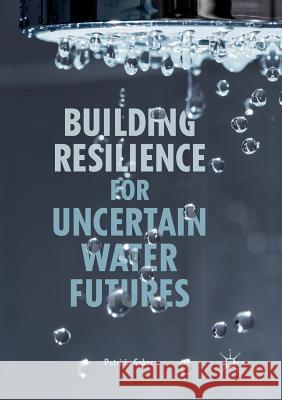Building Resilience for Uncertain Water Futures » książka
topmenu
Building Resilience for Uncertain Water Futures
ISBN-13: 9783030100322 / Angielski / Miękka / 2019 / 213 str.
Kategorie:
Kategorie BISAC:
Wydawca:
Palgrave MacMillan
Język:
Angielski
ISBN-13:
9783030100322
Rok wydania:
2019
Wydanie:
Softcover Repri
Ilość stron:
213
Waga:
0.29 kg
Wymiary:
21.01 x 14.81 x 1.3
Oprawa:
Miękka
Wolumenów:
01
Dodatkowe informacje:
Wydanie ilustrowane











